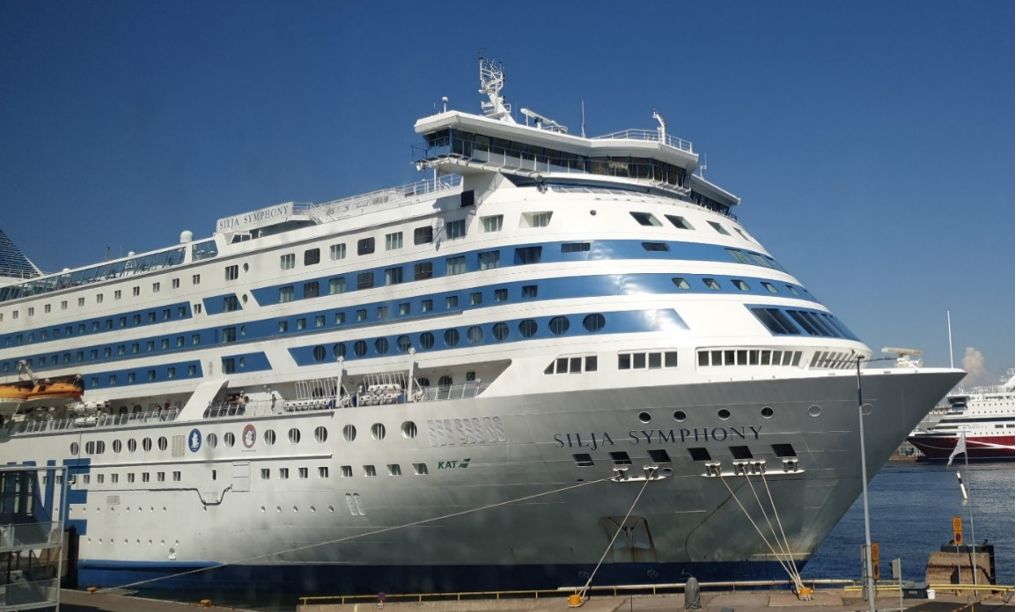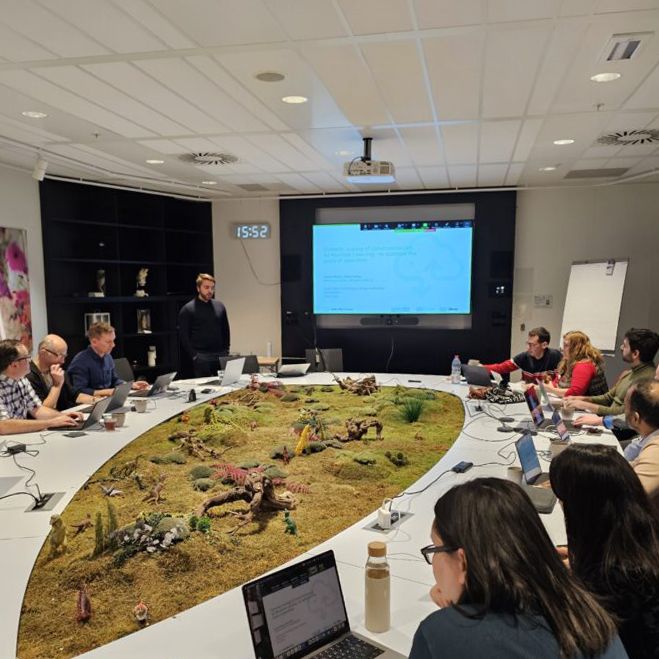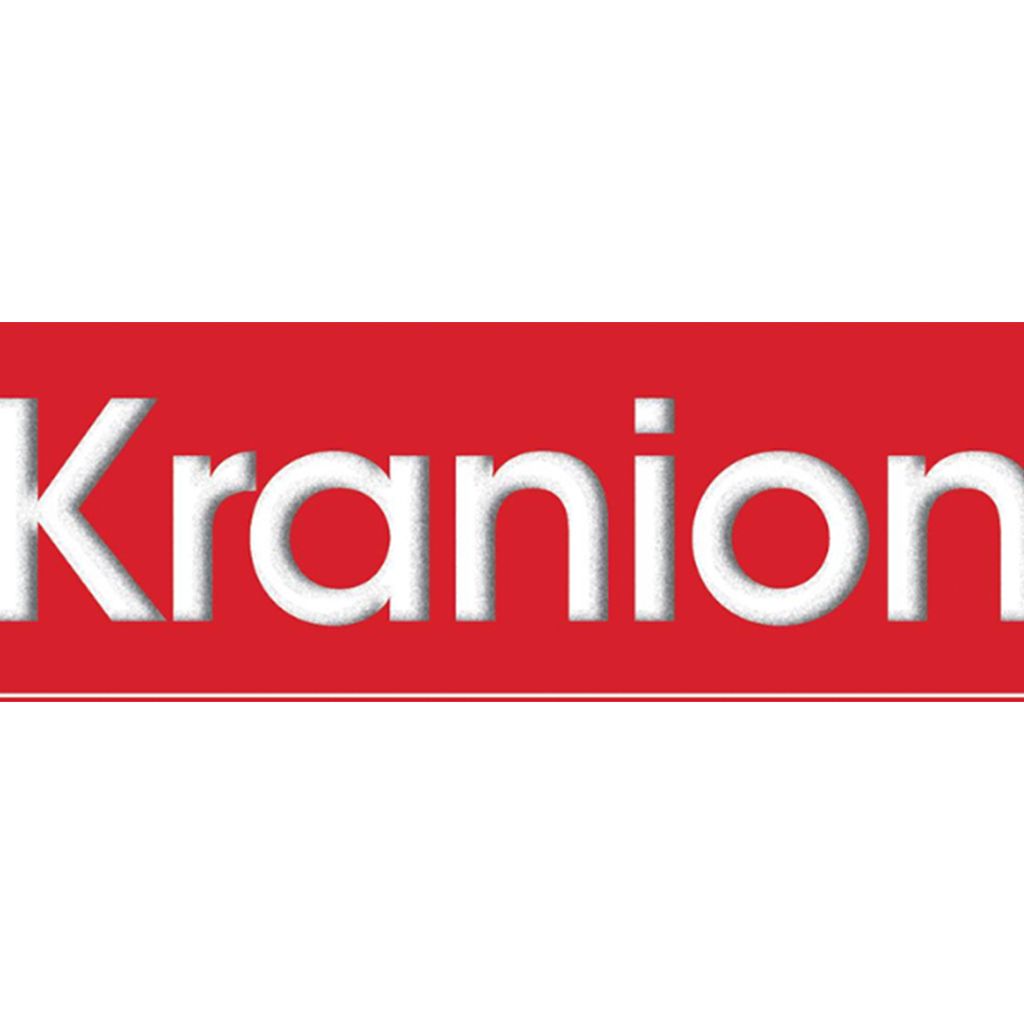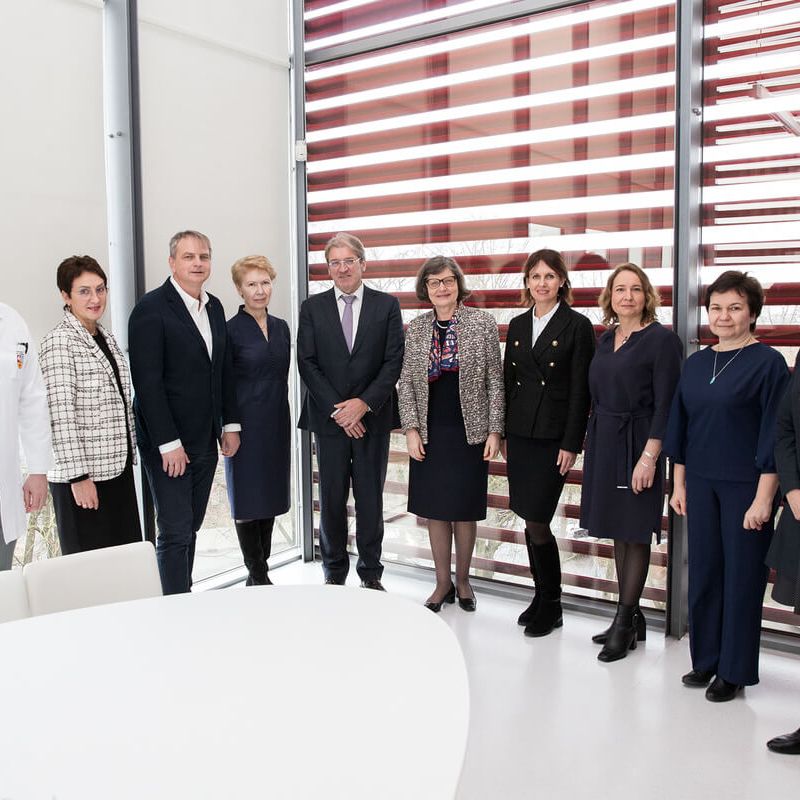
10th EBRAINS Baltic-Nordic Summer School on Neuroscience: From Neurons to The Virtual Brain, Consciousness and Artificial Intelligence

Participants of the Summer School after the long day of lectures and visit at the KTH/Royal Institute of Technology in Stockholm, Sweden: on the cruise ship Silja Symphony back to Finland, 30 May 2024.
The Summer School is the 10th in the series of the Baltic-Nordic Summer Schools on Neuroscience arranged in in the countries around the Baltic Sea - Lithuania, Finland, Estonia, Latvia, Sweden, Poland, and Germany in 2013-2022, and this year invited participants to Finland, Sweden, and a ferry boat that symbolically linked people and countries for neuroscience research. The course included a workshop on computational neuroscience and deep learning for brain medicine and neurology at the University of Helsinki, Finland, on 28 May 2024, and a neuroscience seminar at KTH Royal Institute of Technology, Stockholm, Sweden on 30 May 2024.
While on the cruise ship, the scientific program consisted of four sessions “The whole brain models”, “ Synapses, neurons, astrocytes and networks”, “ Artificial Intelligence meets Neuroscience”, “Applications in Neuroscience”, and in addition, EBRAINS virtual session, parallel hands-on tutorials on The Virtual Brain and NEURON/TREES simulators, live demonstration of EEG ANT Neuro company, and student spotlight presentations.
The latest achievements and insights in fundamental, clinical neuroscience and brain-inspired computing were presented by 20 leading faculty in neuroscience: Alain Destexhe (Paris-Saclay Neuroscience Institute and European Institute for Theoretical Neuroscience, Paris, France), Viktor Jirsa (Aix-Marseille Université, France; EBRAINS) (virtual), Marja-Leena Linne (Tampere University, Finland), Michele Migliore (Institute of Biophysics, Palermo, Italy), Albert Gidon (Institute for Biology, Humboldt-Universität zu Berlin, Germany), Daniele Marinazzo (University of Ghent, Belgium), Gaute Einevoll (Norwegian University of Life Sciences & University of Oslo, Norway), Walter Senn (University of Bern, Switzerland), Daniel Wojcik (Nencki Institute for Experimental Biology, Warsaw, Poland), Pierpaolo Sorrentino (Aix-Marseille Université, France), Damien Depannemaecker (Aix-Marseille Université, France), and other distinguished theoretical and computational neuroscientists.

The speakers discussed the latest achievements and innovations of The Virtual Brain framework of EBRAINS for building whole brain models, theoretical and computational approaches to understand brain functions in health and disease, and a state-of-the-art overview of the computational modelling tools available to address complex physiological and pathophysiological interactions between neuronal structure and function. The students learned to design and simulate of brain models, and analyse biologically realistic compartmental models of neurons and neuronal networks. The course integrated the knowledge in fundamental, theoretical and clinical neuroscience, and provided the links between biological and artificial intelligence.

The Summer School was attended by 31 students selected from 105 applicants, and had 19 nationalities, countries of residence being France, Italy, Germany, Finland, Sweden, Poland, United Kingdom, Lithuania, the Netherlands, Slovakia, Belgium, Chile. The participants were the advanced PhD and Master students in computational neuroscience, cognitive neuroscience, behavioural neuroscience, neuromorphic computing, neuropsychology, artificial intelligence.

Holly Tyroll (PhD Student in Neuroscience and Computational Modelling at Cardiff University, UK) said: “The summer school was highly informative, and I am grateful to be leaving with reams of notes, knowledge of online databases and tools, literature citations to help with my thesis, and even Gaute Einevoll's podcast! It was very special to connect with other computational neuroscientists, and the cruise ship was the perfect background for lively discussions about the science and opportunities for future endeavours.”
Fernando Lehue (a visiting PhD student in Human Consciousness Laboratory, Paris; PICNIC laboratory, ICM, Paris; PhD student in Biophysics and Computational Biology, Universidad de Valparaíso, Chile), shared his impressions: “The summer school was great. Many of these topics were relevant for my own research on consciousness and modeling, and even those that were not, were very interesting by themselves. Even in this short time, thanks to the availability of the material on the EBRAINS platform, I got the grasp of the The Virtual Brain tool, and I will be using it in the future. The Biomedicum campus of the University of Helsinki was very impressive, and Stockholm and Helsinki are beautiful Nordic cities. All in all, I am thankful for the opportunity to have met these places, and this scientific community specially. I have also communicated many of the things I learned and people I met to my laboratory and peers in Chile and elsewhere. I made new scientific connections… and also friends. And the Baltic sea is gorgeous.”

The Summer School was organised by EBRAINS and Prof. Ausra Saudargiene (Lithuanian University of Health Sciences, Lithuania), Prof. Marja-Leena Linne (Tampere University, Finland), Prof. Peter Jedlicka (Justus Liebig University Giessen; Goethe University Frankfurt, Germany), Prof. Pawel Herman (KTH Royal Institute of Technology, Stockholm, Sweden), Prof. Walter Senn (University of Bern, Switzerland), and Prof. Viktor Jirsa (Aix-Marseille Université, France).

The Summer School was sponsored by EBRAINS, Prof. Arminas Ragauskas, CEO ScienceForBrain, Kaunas University of Technology, Lithuania; Prof. Shahab Anbarjafari, Head of iCV Lab and Founder of 3S Holding, University of Tartu, Estonia; Aras Pranckevicius, Lithuania; Renaldas Zioma, Lithuania; and has received financial support from ANT Neuro, Alfameda, International Neuroinformatics Coordinating Facility INCF, and Doctoral Programme Brain & Mind, University of Helsinki, Finland.
News & events
All news & events
- News05 Mar 2025


